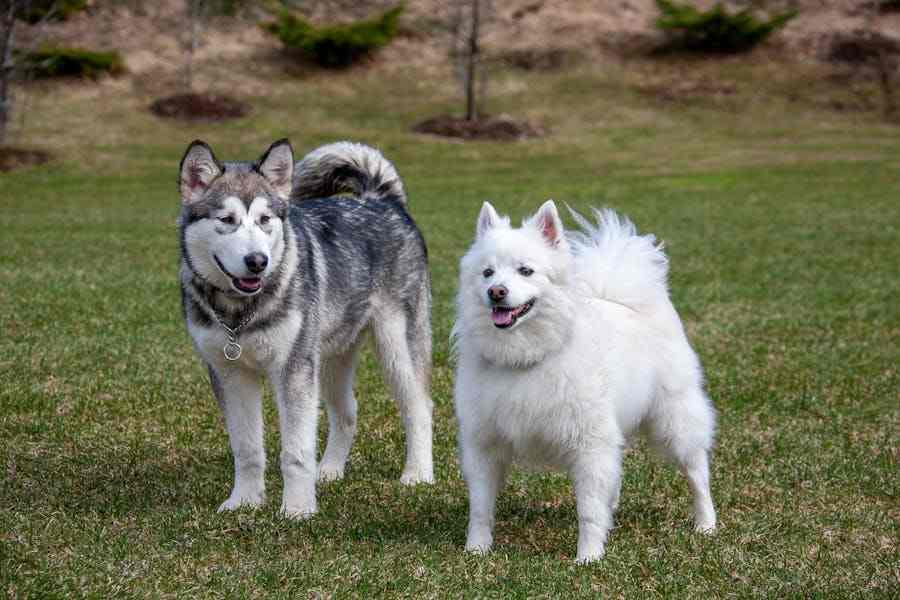
Stereotypes about dog breeds have long been part of society. They’ve influenced public perception of owners, public policies, shelter and adoption rates, breeding practices, and even the availability of veterinary care for certain dogs. However, behind every stereotype lies the true nature of a dog breed which is often simply misunderstood by the shadow of stigma.
Anyone who fears being bitten by a dog from a certain breed can soothe their anxiety by accessing various resources. These include but aren’t limited to veterinary clinics, personal injury lawyers specializing in dog bites, dog trainers, and neighbors and family members with well-behaved dogs who are among the best teachers in debunking negative myths about dog breeds.
Examining Breed Stereotypes
Stereotypes about dog breeds are prejudiced beliefs about a breed’s inherent character. These skewed beliefs and judgments are rooted in misleading information and antiquated views. Stereotypes about certain breeds originate from media portrayals, persistent rumors, and urban legends. While there can be some truth to stereotypes, they are often misrepresentations of the truth.
The harm in stereotyping dog breeds has led to persistent and unnecessary fears, a great void in companionship, and even discriminatory municipal sanctions. There’s often a cycle of decay taking place, where people conduct themselves around certain breeds in a manner that provokes a self-fulfilling prophecy. The fallout of this conduct often has tragic consequences.
Debunking Myths About Dogs
Debunking myths about dog breeds is an important task because of how much their companionship has been proven to benefit society. Dogs have earned their place as valued contributors to society by consistently functioning as loyal companions and helpmates. When stereotypes about breeds persist, opportunities to continue this valued bonding tradition suffer.
Stereotypes about dog breeds are discredited through the work of veterinarians, canine behavioralists, dog trainers, and dog owners. When someone works with a dog breed and consistently achieves results previously thought to be beyond that breed’s capacity, the world must take notice. Let’s take a look at some breeds that have been stereotyped over the years.
Stereotypes Vs. Reality: Pit Bulls
Pit bulls are one of the most historically stereotyped and stigmatized breeds ever. They were bred as bull-baiting and fighting dogs and were heralded for their ferocity and durability. They’ve been characterized as inherently aggressive to the point of no return as well as unsuitable for families, especially families with children.
The reality is that pit bulls were once considered “America’s Dog” in the 1920s and 30s. During this time they were heralded for their family-friendly nature and loyalty and were often used as mascots and symbols of friendship. Like any dog, when properly trained and socialized, pit bulls are as capable of existing peacefully as every other dog breed.
Stereotypes Vs. Reality: German Shepherds
German Shepherds are another breed that continues to be negatively stereotyped. They have a checkered past, having been used as colonial weapons in the Congo, and as the poster dog for the Nazis. They’re often disparaged as aggressive dogs only good at guarding things and working with police or the military.
In reality, German Shepherds are one of the more intelligent breeds and are heralded for their athleticism, trainability, courage, and protective intuition. As one of the most versatile breeds, they’re just as suitable for family companions as they are for working with police.
Stereotypes Vs. Reality: Rottweilers
Rottweilers have suffered from being stereotyped as intimidating and vicious dogs. Historically used by the Romans during battle campaigns, this breed earned its warrior status through trial by fire. Unfortunately, this breed has been typecast as not being capable of leaving its warrior roots behind.
The reality is that Rottweilers make excellent family dogs and are famous among dog enthusiasts for their calm temperament. Their size, strength, and courage are excellent traits for keeping children and women safe, and their intelligence makes them suitable for all manner of training. They’ve been known to excel in all manner of behavior when exercised regularly.
Stereotypes Vs. Reality: Doberman Pinschers
Doberman Pinschers have been stereotyped as overly aggressive, unpredictable, and difficult to train. Misunderstandings about them originated with media portrayals of them as one-dimensional killing machines in movies and television series. Unfortunately, the Hollywood image of them stuck with people.
In reality, Dobermans are highly intelligent, alert, and trainable dogs. Like most breeds, there’s practically nothing that cannot be done with them when they’re trained correctly from their youth. Affectionate, fearless, and elegant, Dobermans make wonderful companions for anyone who can be a strong pack leader around a dog with strong instincts.





